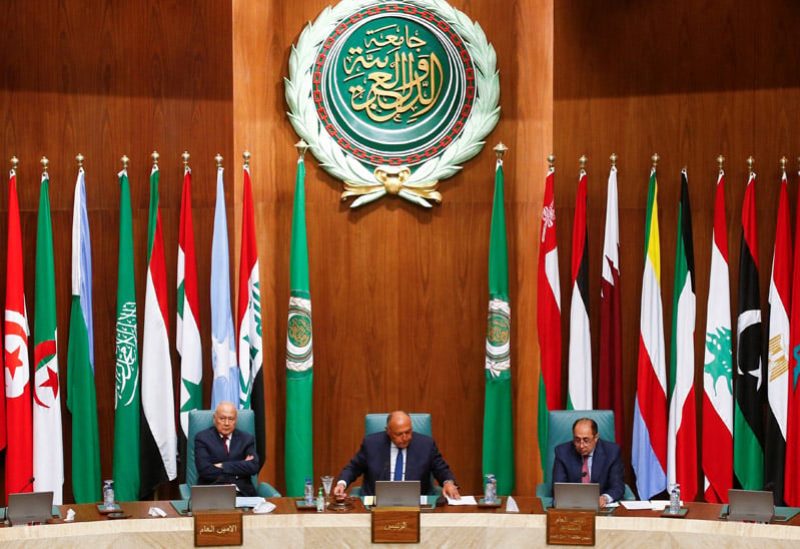
Arab League (Reuters)
On the sidelines of the Arab Summit held in Jeddah last Friday, discussions took place among the foreign ministers regarding the coordination of efforts to ensure the success of the Arab Ministerial Committee tasked with engaging in dialogue with Syria and taking joint steps to reach solutions to the Syrian crisis and its ramifications. Particularly, there was an emphasis on the necessity of the safe return of Syrian refugees to their homes, which is of utmost importance to Lebanon as a member of the committee. Lebanon seeks a peaceful solution to the Syrian issue through consensus among the stakeholders. However, Lebanon should have its stance regarding the issue of displacement, which entails the safe return of refugees to their homes, considering its inability to bear the increasing burdens resulting from their presence, estimated at $4.6 billion annually according to official statistics.
Out of this amount, $3.2 billion is contributed by the international community, while the local contribution amounts to $450 million, in addition to a special contribution estimated at $225 million. Thus, the direct losses amount to $752 million.
Apart from the negative social, economic, and security impacts that prevail in most aspects, there is a fundamental issue to address: Lebanon’s foreign policy approach towards dealing with the Syrian issue. While there is an Arab initiative towards Syria, the Western collective remains cautious and even tightens its measures.
Prominent diplomatic sources revealed to “Sawt Beirut International” that Arab countries, recognizing the importance of their efforts regarding the return of refugees to Syria, must coordinate with the international community to facilitate the process. This is because their return cannot be completed without U.S.-Russian-European consensus. Consequently, Arab-international communications will intensify after the Arab Summit to establish an understanding on the refugee issue, taking into account Western conditions for their return on one hand, and the significant Russian involvement in the Syrian dossier on the other.
On the Arab front, according to the sources, the approach adopted by Arab countries in dealing with Syria’s file in all its aspects, will be based on a step-by-step process. This means that Syria would need to fulfill a demand in exchange for the Arabs providing a new opening, which could be political or economic. There are no free Arab gestures towards Syria, and this is the primary condition. If Syria demonstrates a positive stance in facilitating the return of refugees to their homes, it will receive successive Arab offerings.
Syria’s handling of the displacement file comes in the context of building trust with it. It will not take anything unless its words are matched with actions. The Arab countries will take charge of pursuing any actual positive progress it makes with the international community, noting that despite the continued imposition of international sanctions on Syria, countries are consulting among themselves about the future of the Syrian situation and ways to deal with it in light of the ongoing regime that killed its people, destroyed its country, and displaced its people to neighboring countries, especially Lebanon.
In any case, Lebanon should await the development of Arab positions regarding the restoration of relations with Syria because each country will have its own stance on that. Lebanon must formulate its position on its relationship with Syria, taking into account both the Arab and Western orientations simultaneously, and this should be at the core of its balanced foreign policy. This will necessitate the crystallization of a new approach for Lebanon and the Arab Committee regarding the issue of the return of Syrian refugees.